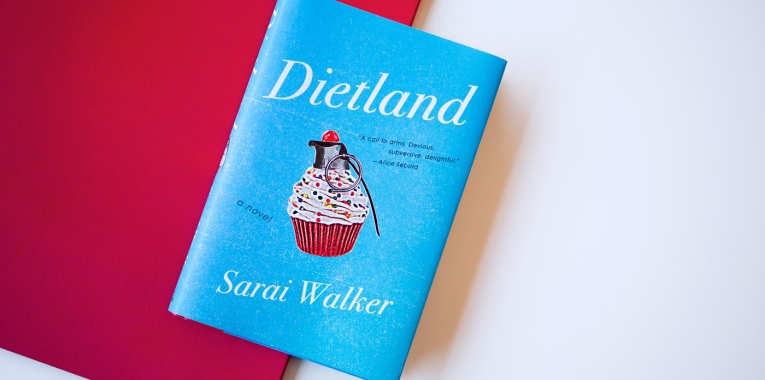Reviewed by Julie Feng
Erin Wunker’s Notes from a Feminist Killjoy is a collection of essays that, despite being steeped in academic theory, reads more like a letter from a friend. In the tradition of Sara Ahmed, the writer and professor who coined “feminist killjoy,” Wunker pens a collection of thoughts that encourages open and fluid conversation.
“This is a collection of attempts,” writes Wunker. Notes from a Feminist Killjoy has no pretense of grandeur. The notes themselves do not pretend to be a canonical cornerstone of feminist thought—they are simply candid thoughts from one particular feminist. They are, as the author puts it, “notes for conversations, notes from conversations.”
The most powerful theme of the book is the ways in which women connect to one another. Mothers to daughters. Mentors to mentees. Friends to friends. The author to the reader. There’s an entire chapter devoted to female friendship and recurring references to it throughout the collection.
 Continue reading “Notes from a Feminist Killjoy by Erin Wunker”
Continue reading “Notes from a Feminist Killjoy by Erin Wunker”




You must be logged in to post a comment.